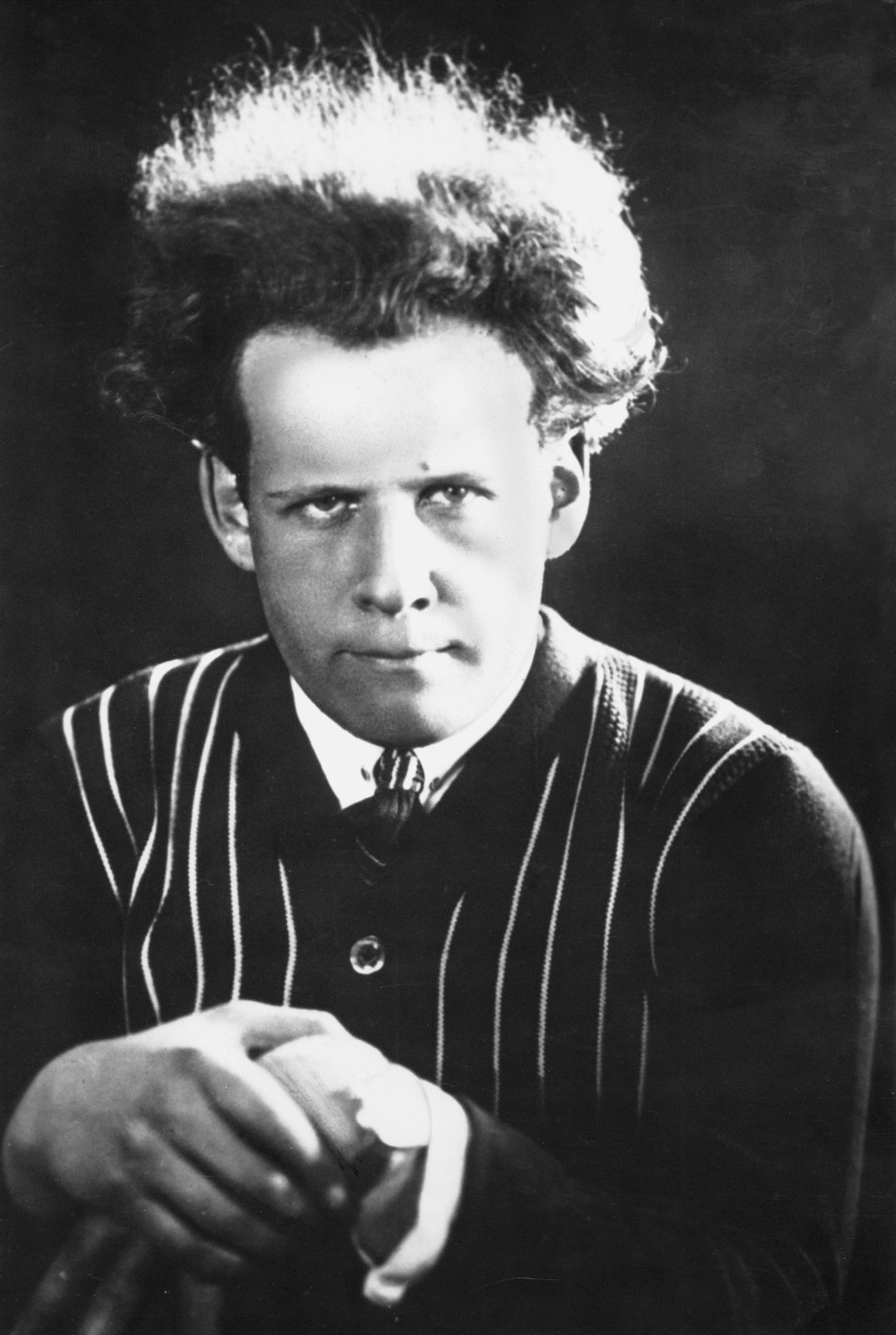Discover the possibilities of film editing Part I
Unfortunately, the 8 shots of the short film ‘Diamond Robbery at the Filmmuseum’ got mixed up during construction work. Can you restore the correct sequence of action? To do so, you can click each single shot from 1-8, move and rearrange them and, clicking on the big yellow button, play your film. By clicking on the white button on each preview image you can look at each single shot. With the yellow shuffle button you can have the shots randomly arranged again. Try to proceed logically and bring in your knowledge about the structure of movies!
Is your arrangement correct? → For the correct sequence of the settings please click here.
1
2
3
4
Loading...
5
6
7
8
